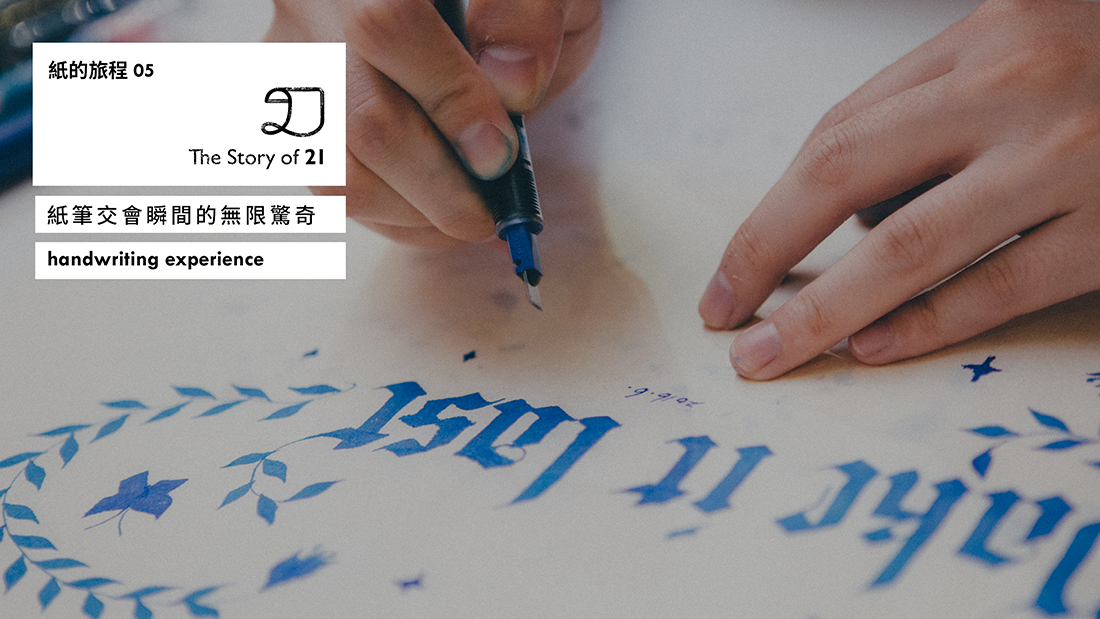
In commemoration of its 21st anniversary, books.com.tw is teaming up with age-mate Suho Memorial Paper Culture Foundation for an unusual project. The limited paper collection " Fine Writing Papers " (好好寫字帖) features 21 paper types for different writing styles, including 12 special types produced by Taiwan's remaining manual papermaker, Chang Chuen Cotton Paper Mill from Nantou County's Puli Township.
From brush pens to dip, fountain, and ballpoint varieties, the unique appeal of handwriting has never been surpassed over centuries of development. Nevertheless, writing will not be possible without paper. What exactly is the role played by paper in writing? With this in mind, Western calligraphy instructor Daphne join us on the ride, sharing her own experiences of using paper in artistic creation.
//
Interview & text—Ho Man-Hsuan Still Photographer—Lee Ying-hsia English Translation—Chen Yi-hsuan
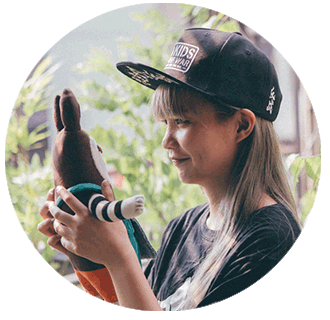
A graphic design and fervent stationery collector, who shares handwriting works and tutorials on her Facebook page (www.facebook.com/dramadaphne ). Her works were shown at a 2015 stationery and handicraft exhibition in Shin Kong Mitsukoshi Department Store. Currently working as a full-time art editor, she is also in close collaboration as a designer with such firms as Letter Press & Design and InkFool.
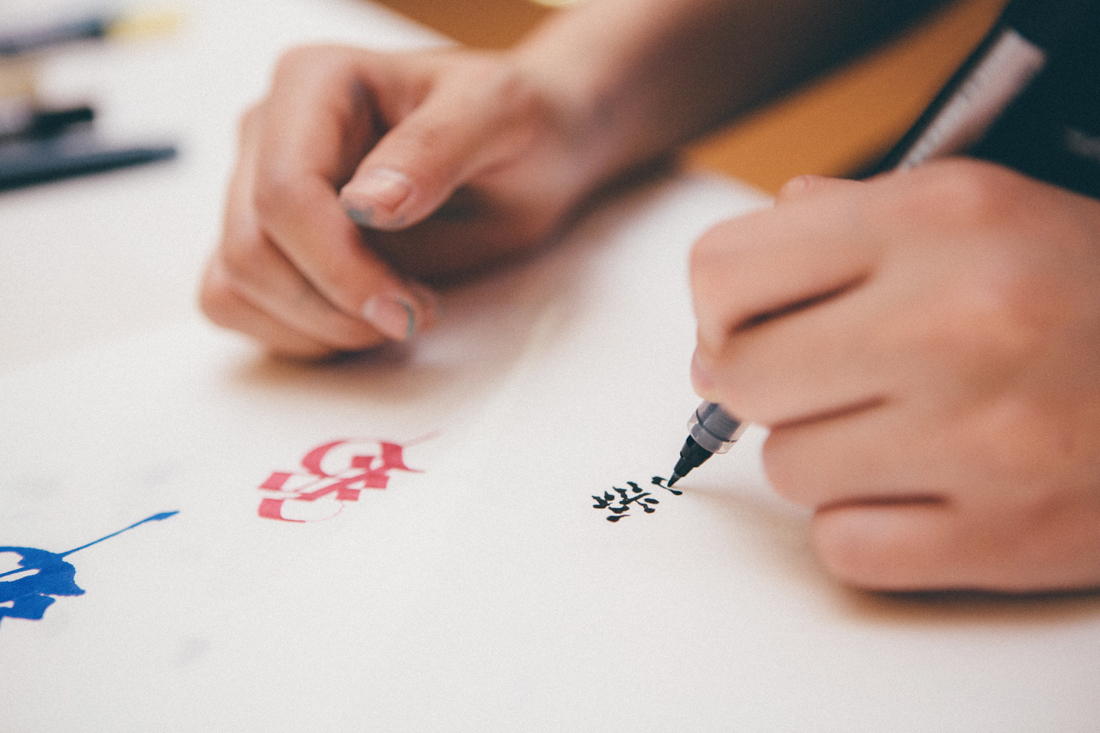
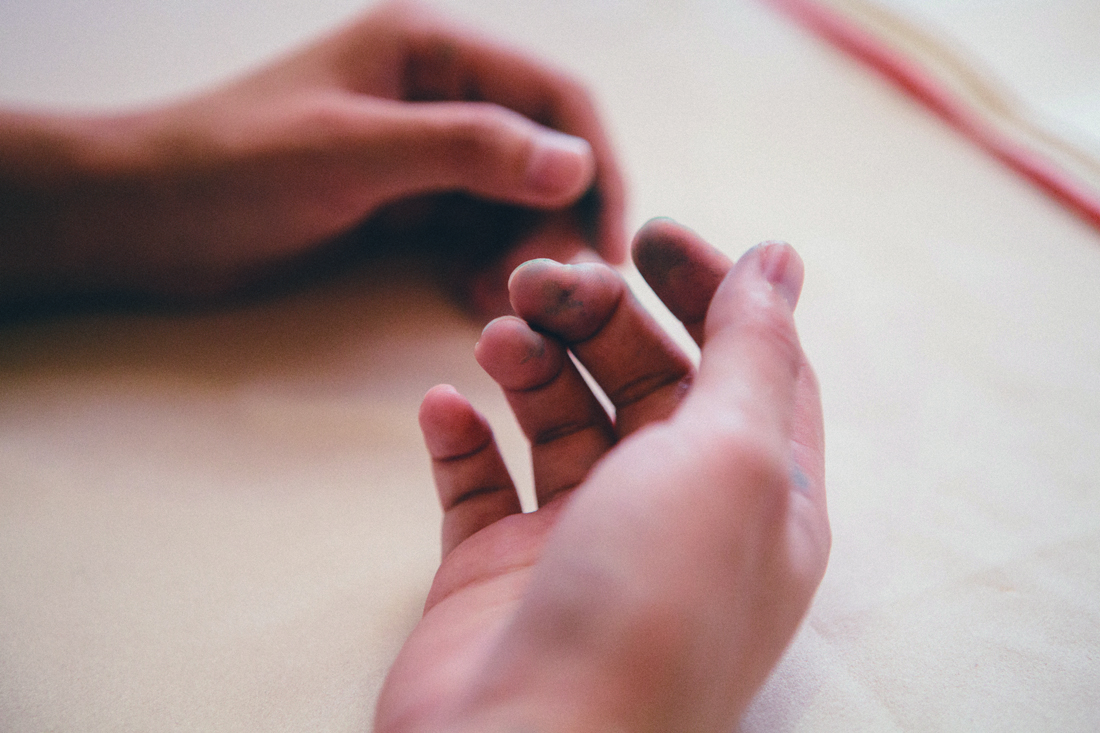
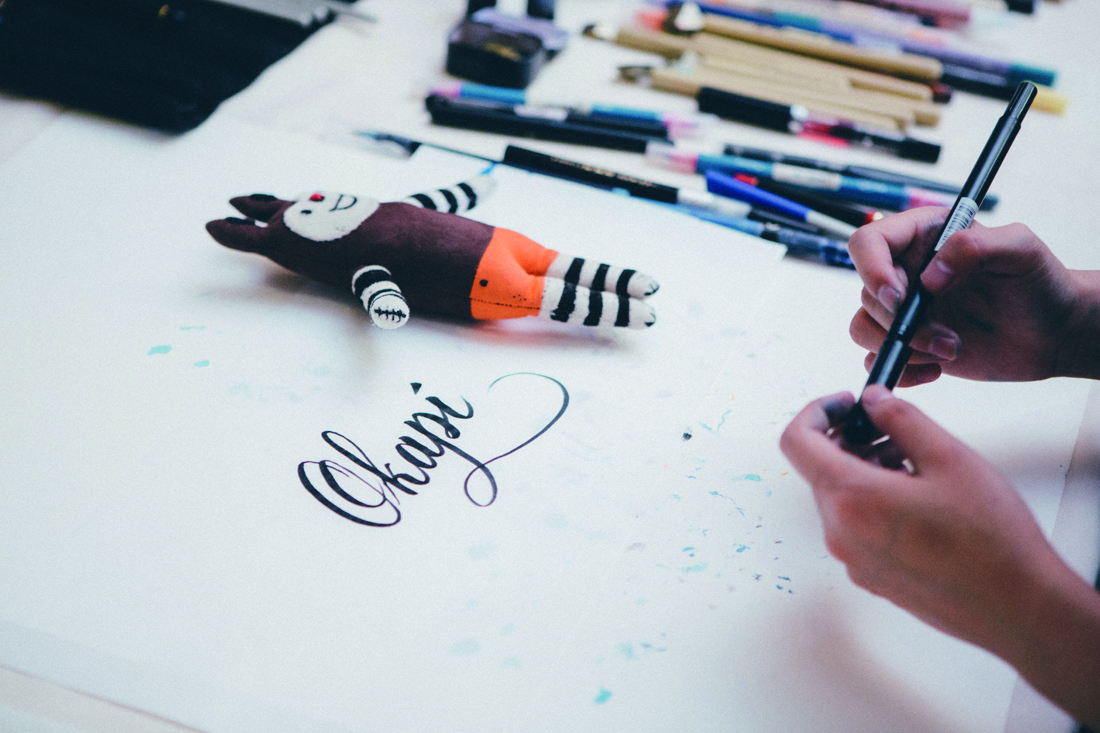
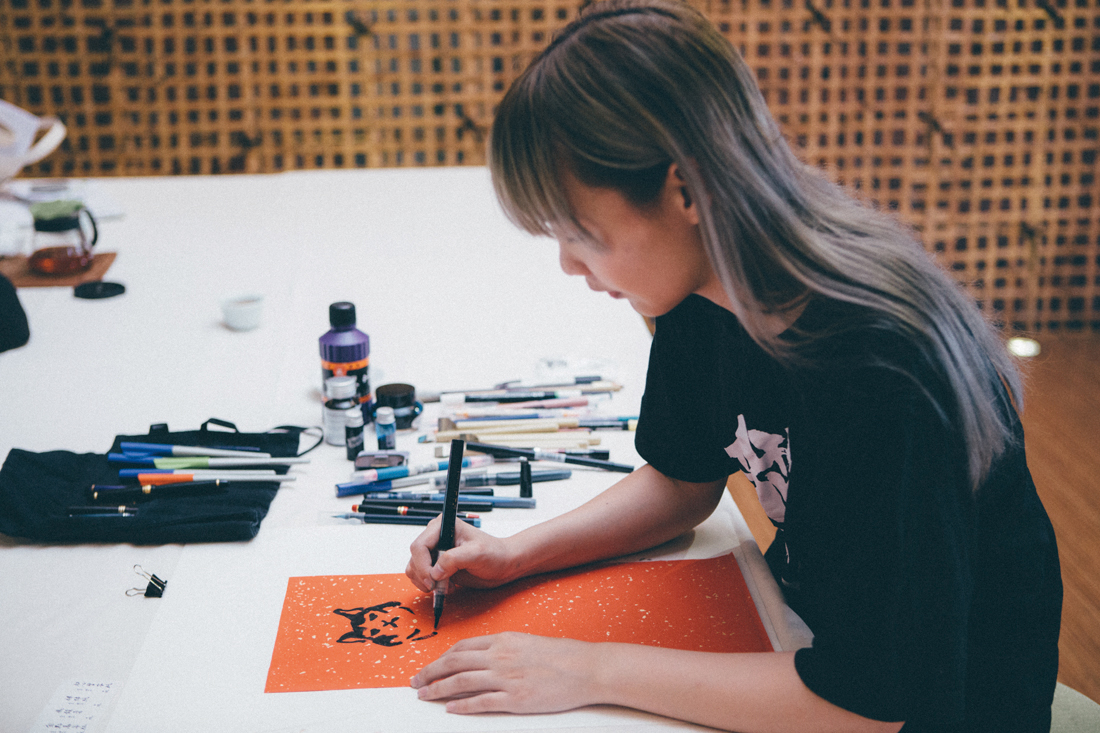
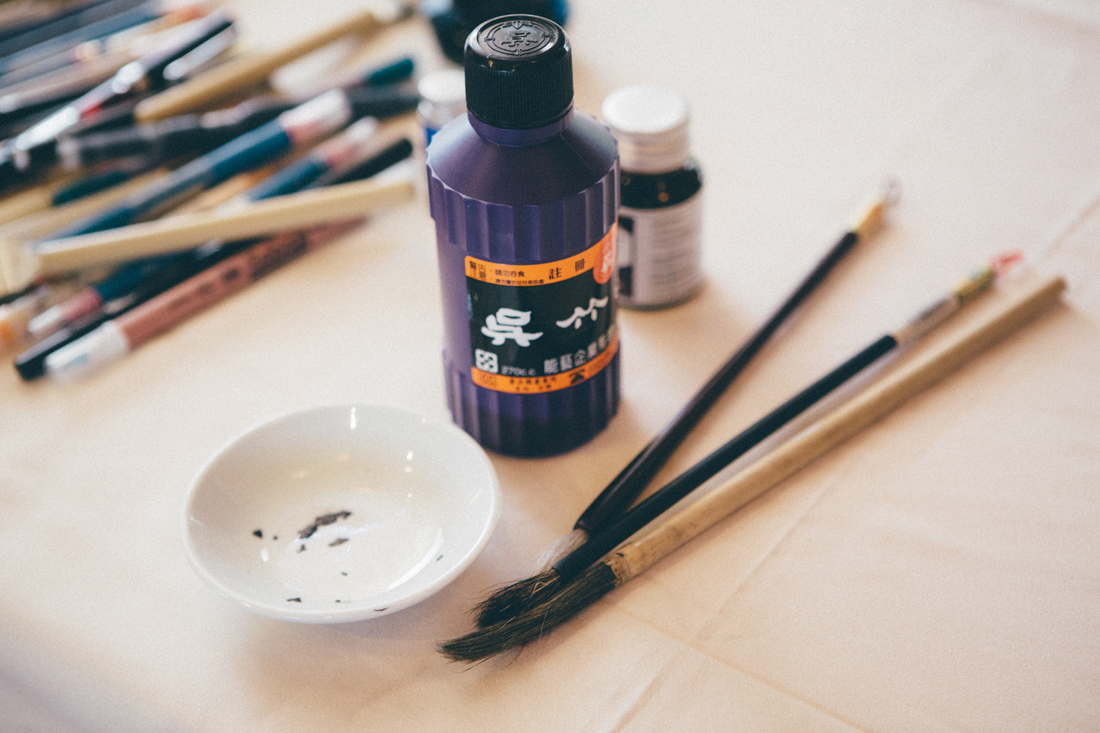
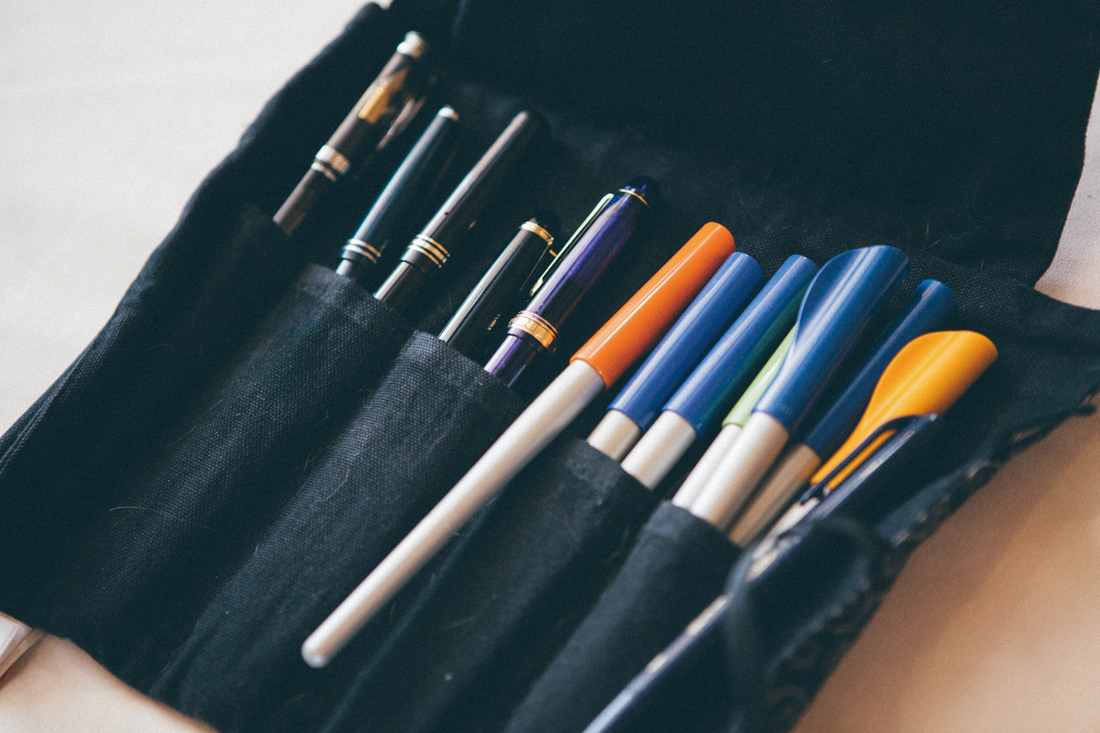
"It is surprisingly good to write calligraphy with a parallel pen on Naked mián paper!"─Daphne, Creative Handwriting Designer
Can handmade mián paper only be used for calligraphy or ink painting?
Over the last few years, the emerging trend of handwriting has overtaken the social media, and "Drama Daphne" has won over thousands of likes and shares for every video showing her writing gorgeous Western calligraphy with the fountain pen in a flowing style. At our invitation to write on handmade mián paper, Daphne excitedly spread her stationery bag on the desk and picked out the dip pen, fudepen, and parallel pen, each with its unique, distinctive characteristics. "Let's try them all, shall we?"
"Usually the fountain pen writers tend to choose paper with a smooth surface and coating. Some will even choose paper with short fibers that does not absorb the ink and dries slowly, so that the ink will stay longer on the surface and crystallize." Even so, Daphne sometimes deliberately opts to use the dip pen on darker-colored paper with a rough surface, aiming to replicate the effect of writing in the ancient times—speaking of which, Daphne conjured up a few words using the parallel pen on the Naked mián paper(Fine Writing Papers-ⅱ).
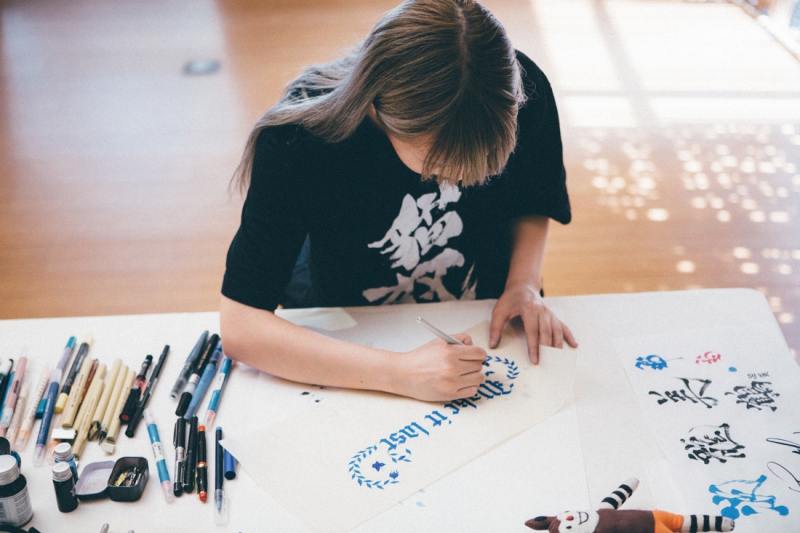
"Wow, it is surprisingly good to write calligraphy with a parallel pen on Naked mián paper." This particular paper style is made by manually mixing kozo bark with wood and bamboo pulp. Featuring long fibers and an interwoven texture, it is relatively difficult to handle for a writer using the fountain pen. Delightful surprises await, however, once you get past the initial resistance and take on the bold challenge. Relocating to northern Taiwan after graduating from college, Daphne said she only started buying paper after he left the comfort of home. And she spent a small fortune in the learning process. "However, the paper can't cost you much. It's not a cell phone anyway. With all the different paper types available, you'll never know which one is right for you unless you buy and try it out."
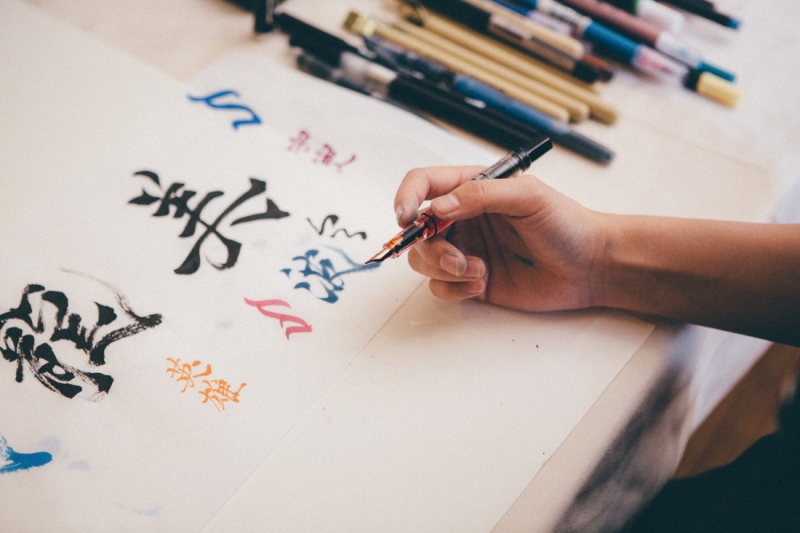

Then, does it never make her feel guilty using the wrong kind of paper or putting it to ill use? "For me, the value of paper has changed from time to time." What she meant by "value" has nothing to do with the price. She recalled the stack of Mián paper in the study of her father, who was a calligraphy teacher back in the day. Being all high-end handmade paper, only a select few in the stack would be framed and carefully preserved, for the value of paper is determined by the writings on the medium. Still, those that did not make the cut and were eventually discarded are testament to the writer's technical evolution. Without the traces of progress on the discarded paper, there is no way to reach the ultimate perfection.
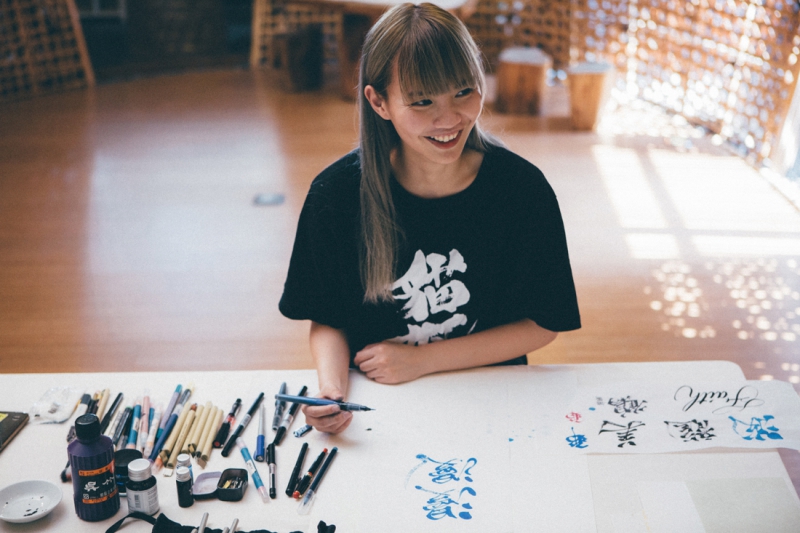
Click to buy "Fine Writing Papers"
The best way to keep the tradition of handmade paper alive is to keep using it.
Fine Writing Papers+Journey of Paper
(special issue by okapi.books.com.tw)
" Fine Writing Papers" is compiled by Suho Memorial Paper Culture Foundation, comprising papers made from bamboo and wood pulp, pineapple and synthetic fibers, kozo (mulberry) bark and grains. Manufacturing technologies range from manual vatting to machine production, with origins from Finland, Japan, the U.K., and Taiwan. Also included in this pack are three vintage, out-of-circulation local handmade papers from more than 30 years ago.
Find the paper just for you, making it a need that lasts a lifetime.



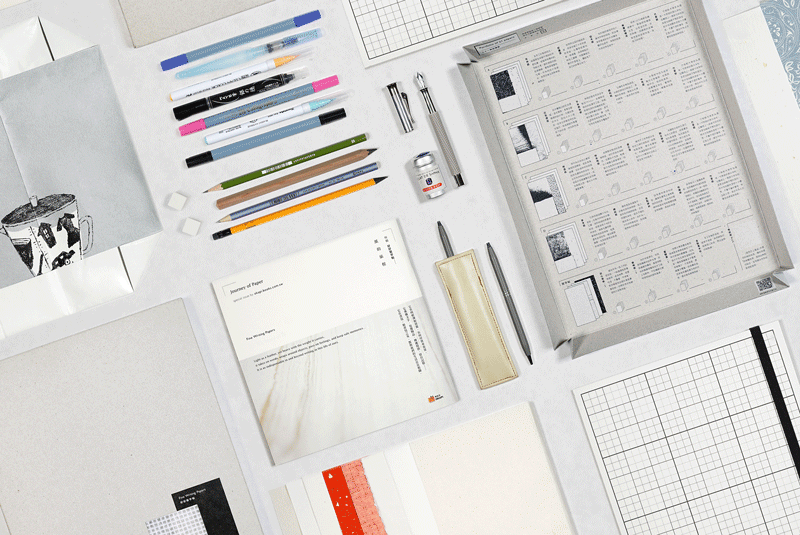
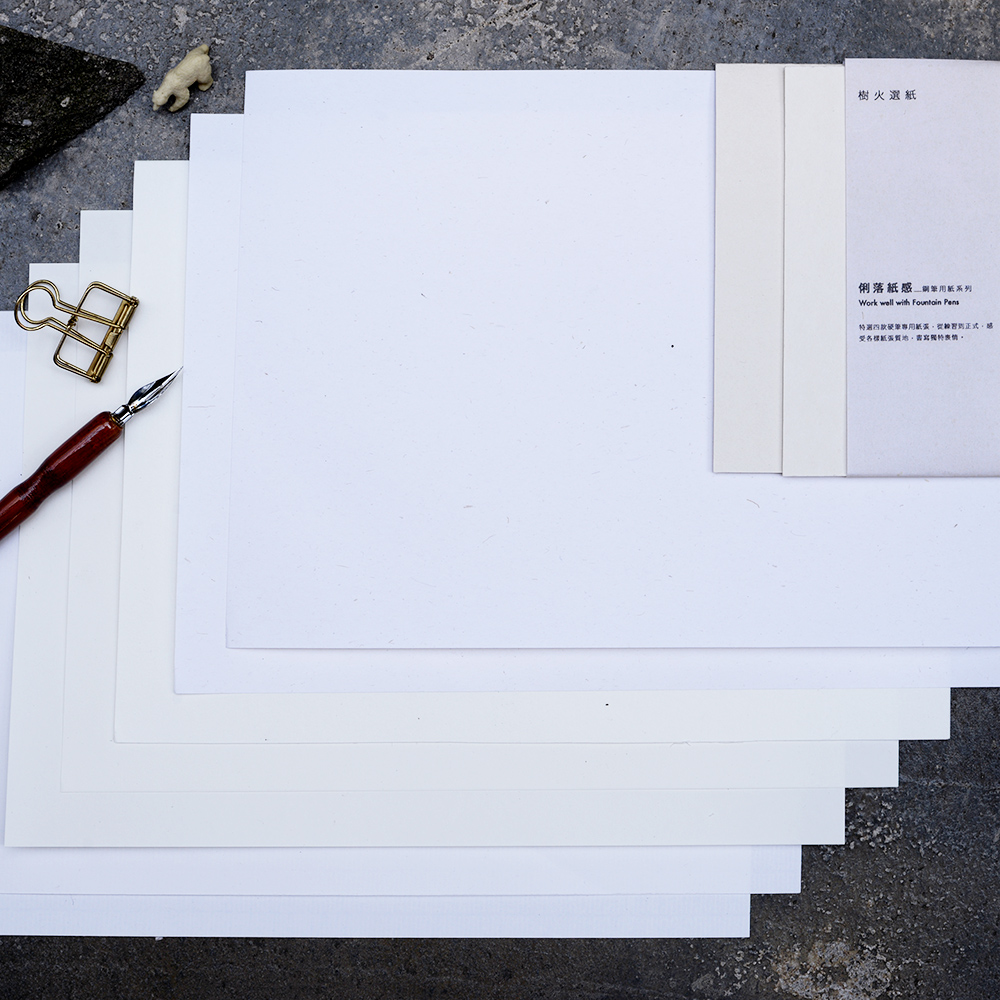
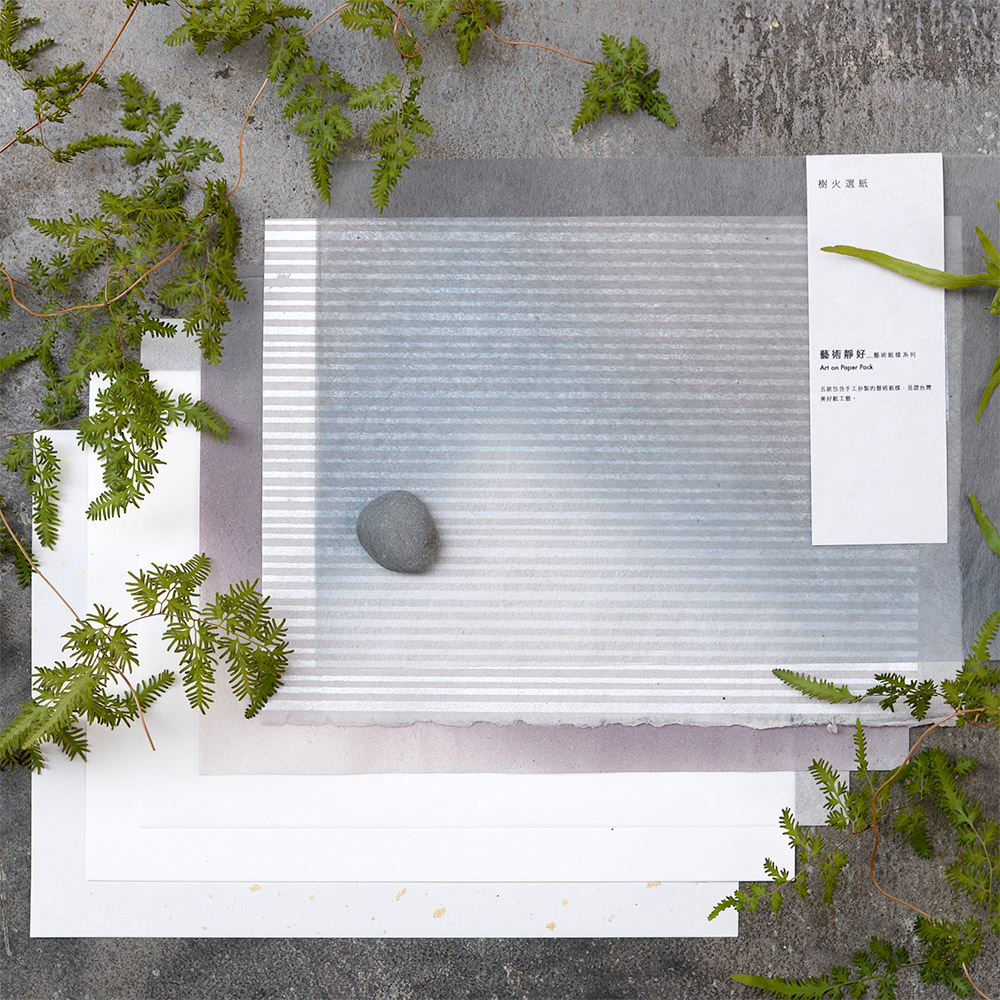
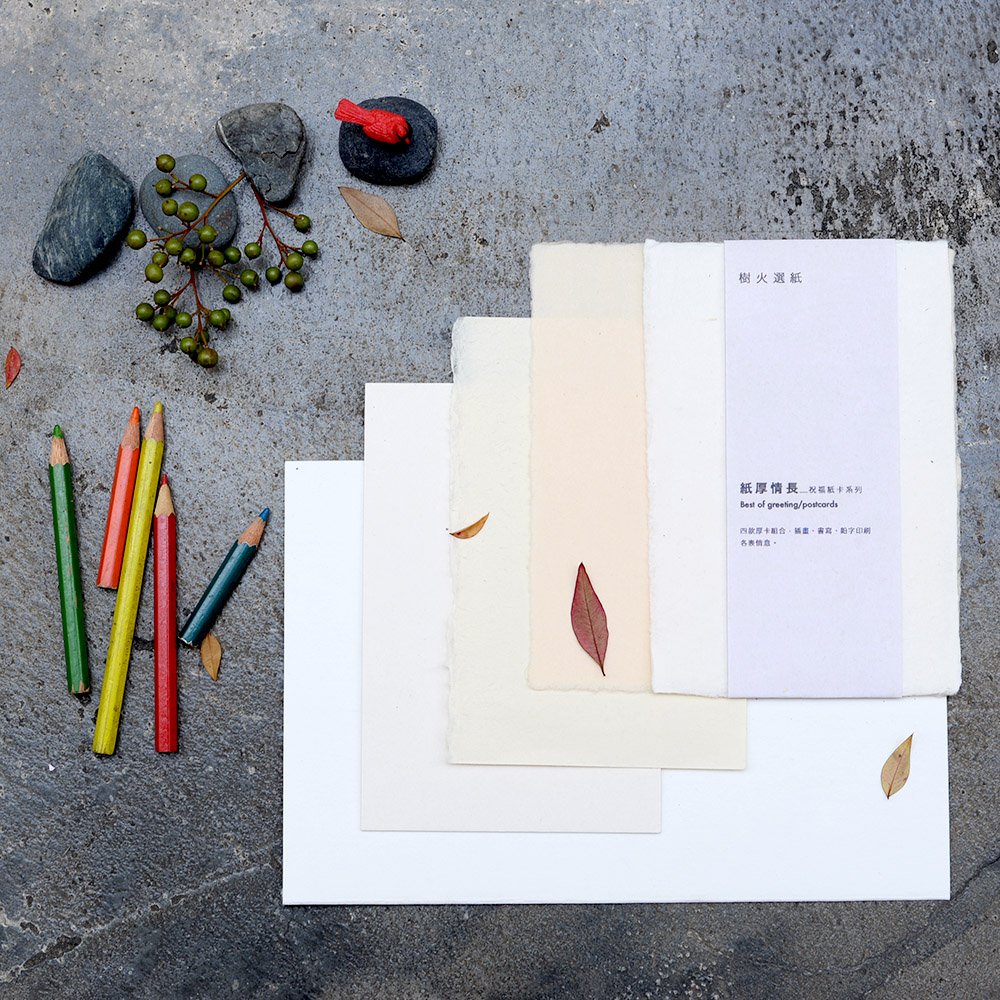


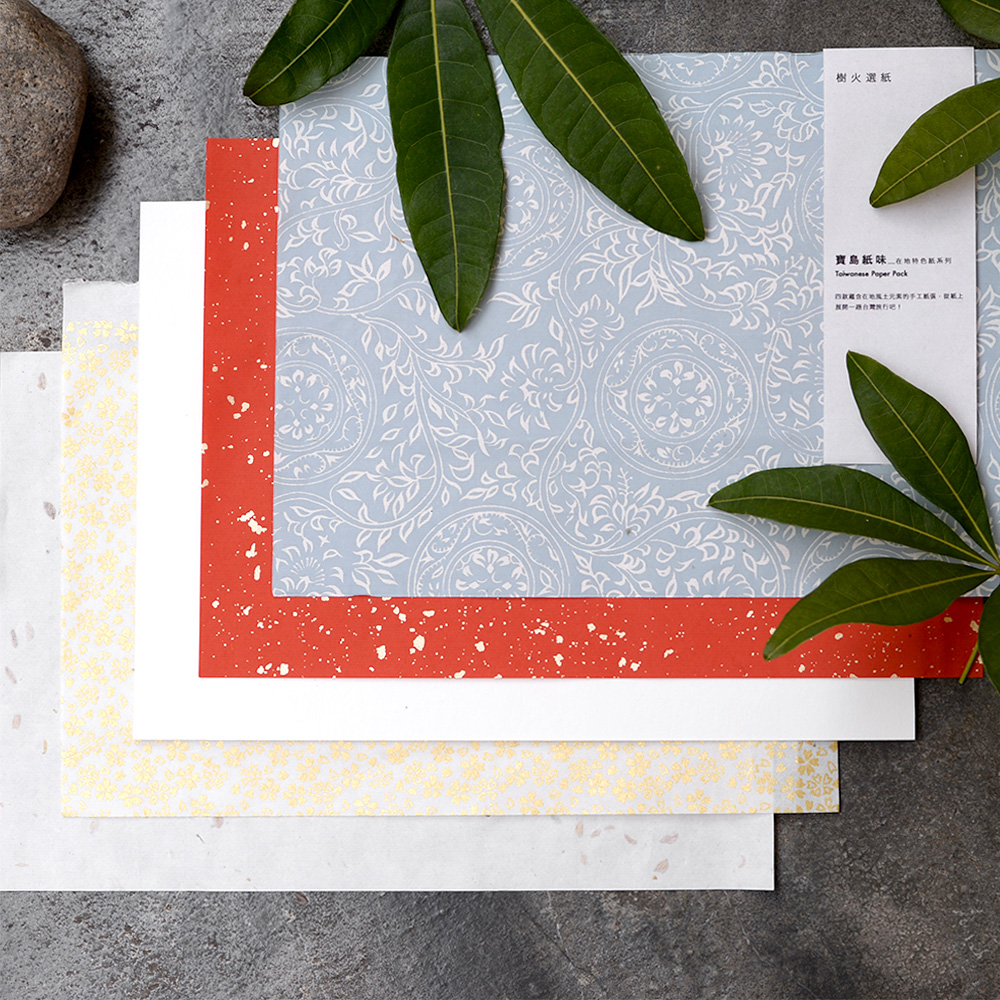
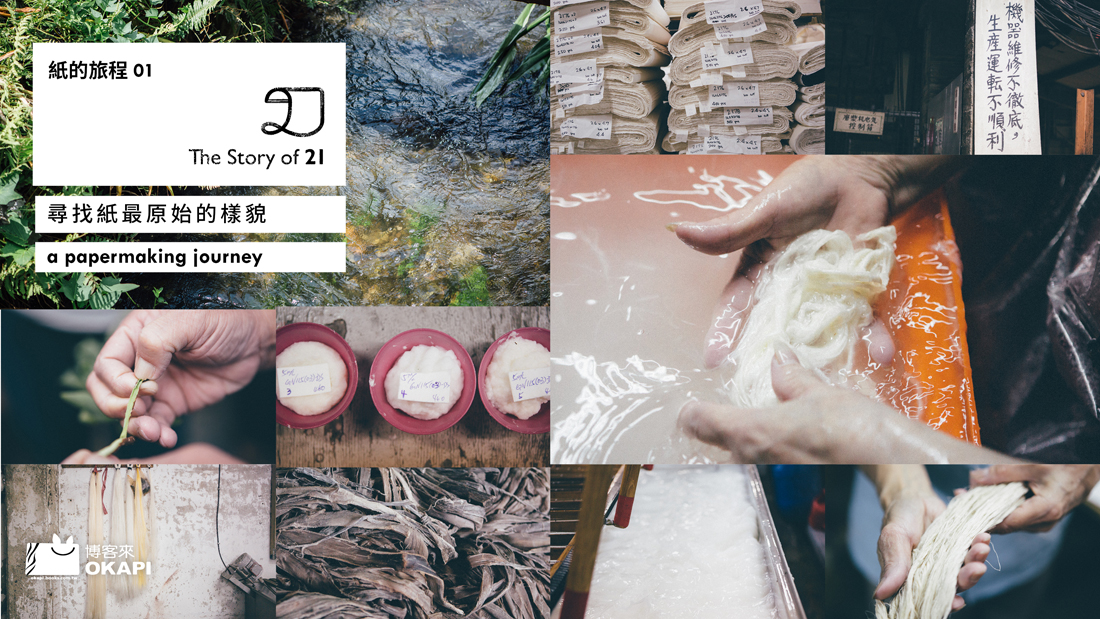
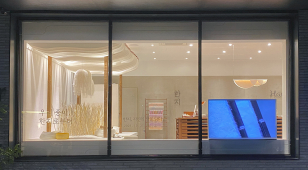

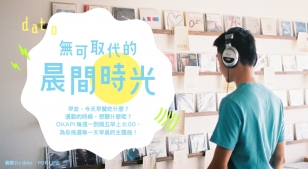
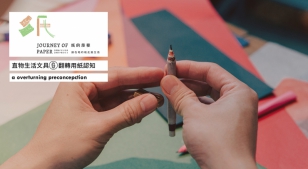


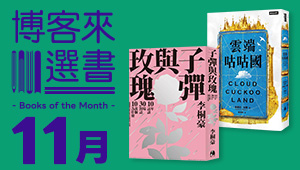

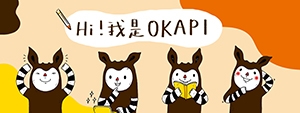

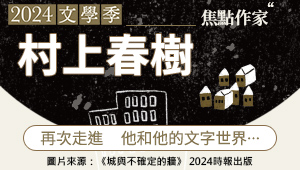
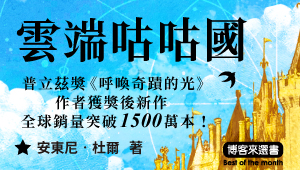
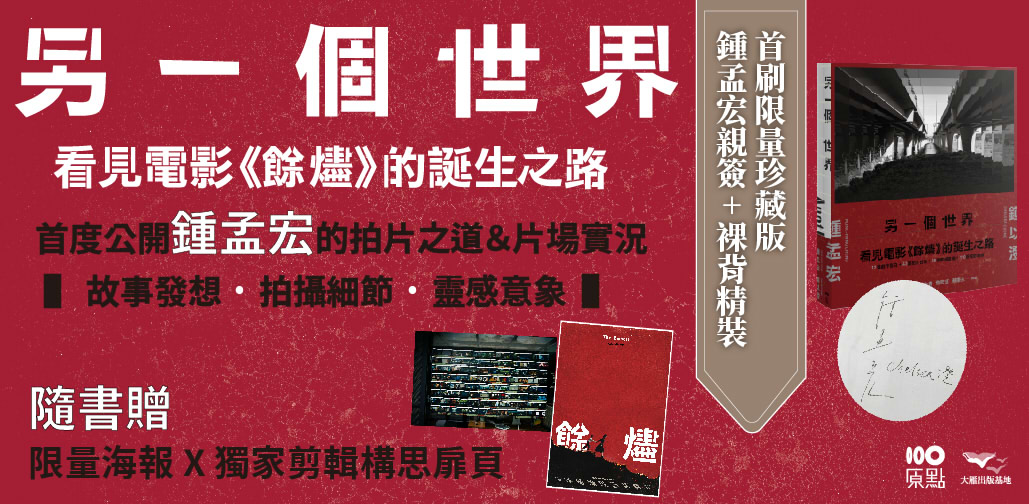
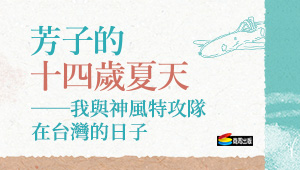
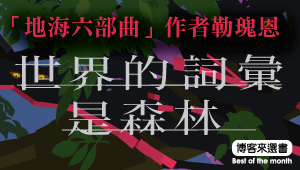
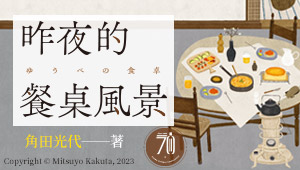
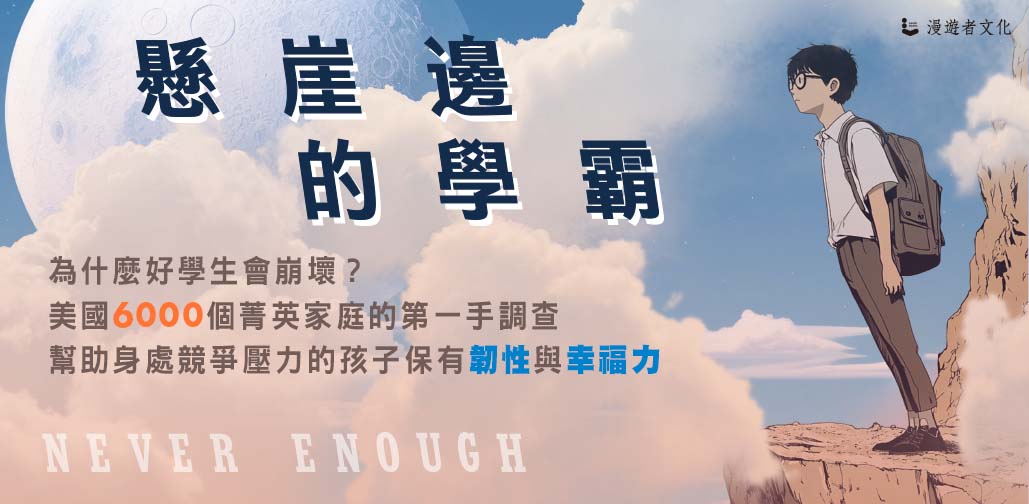
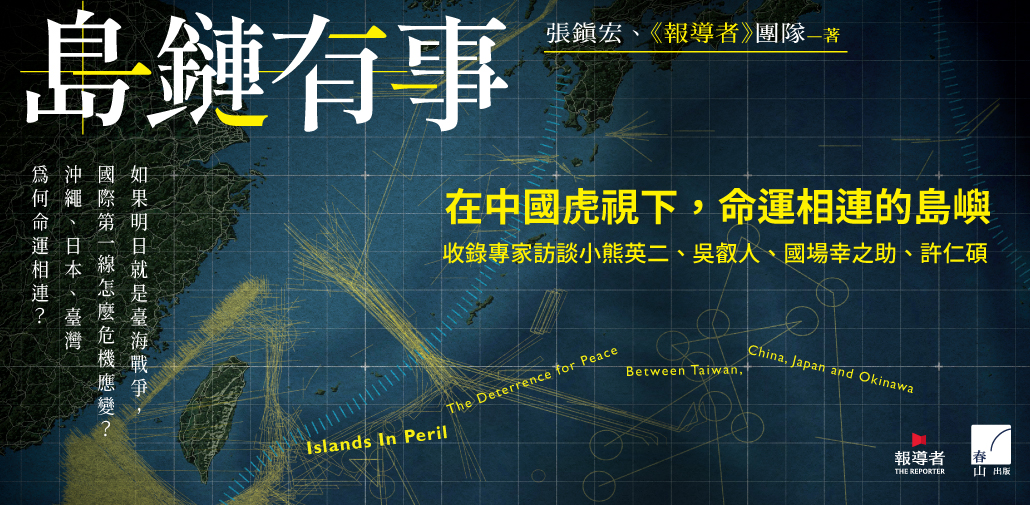
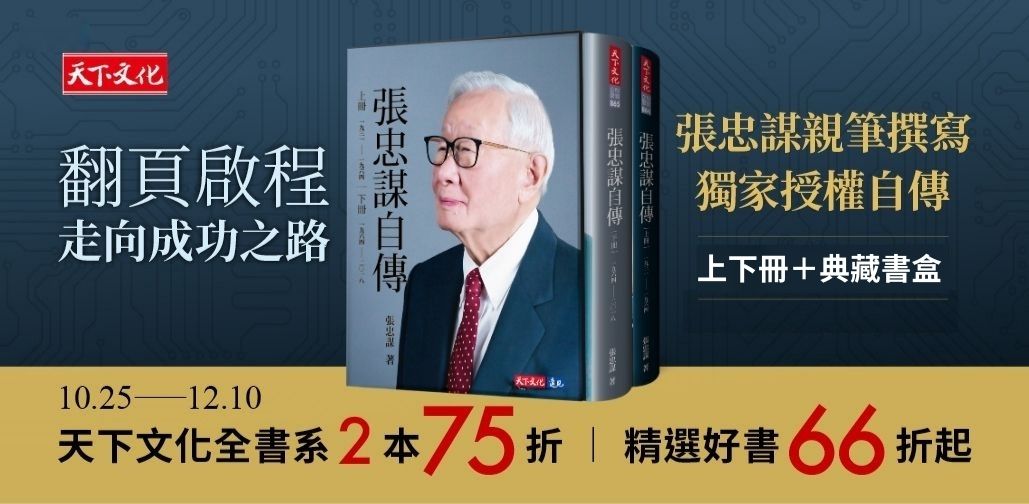

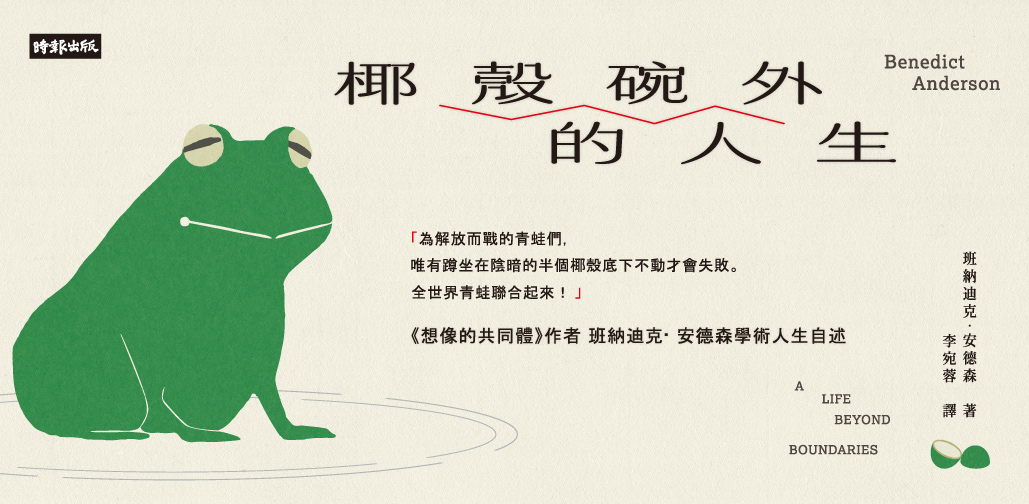

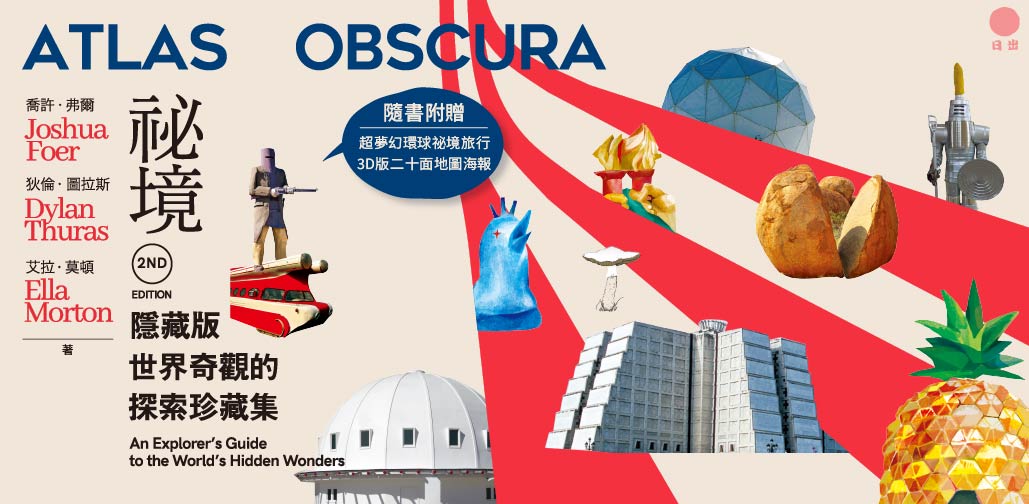
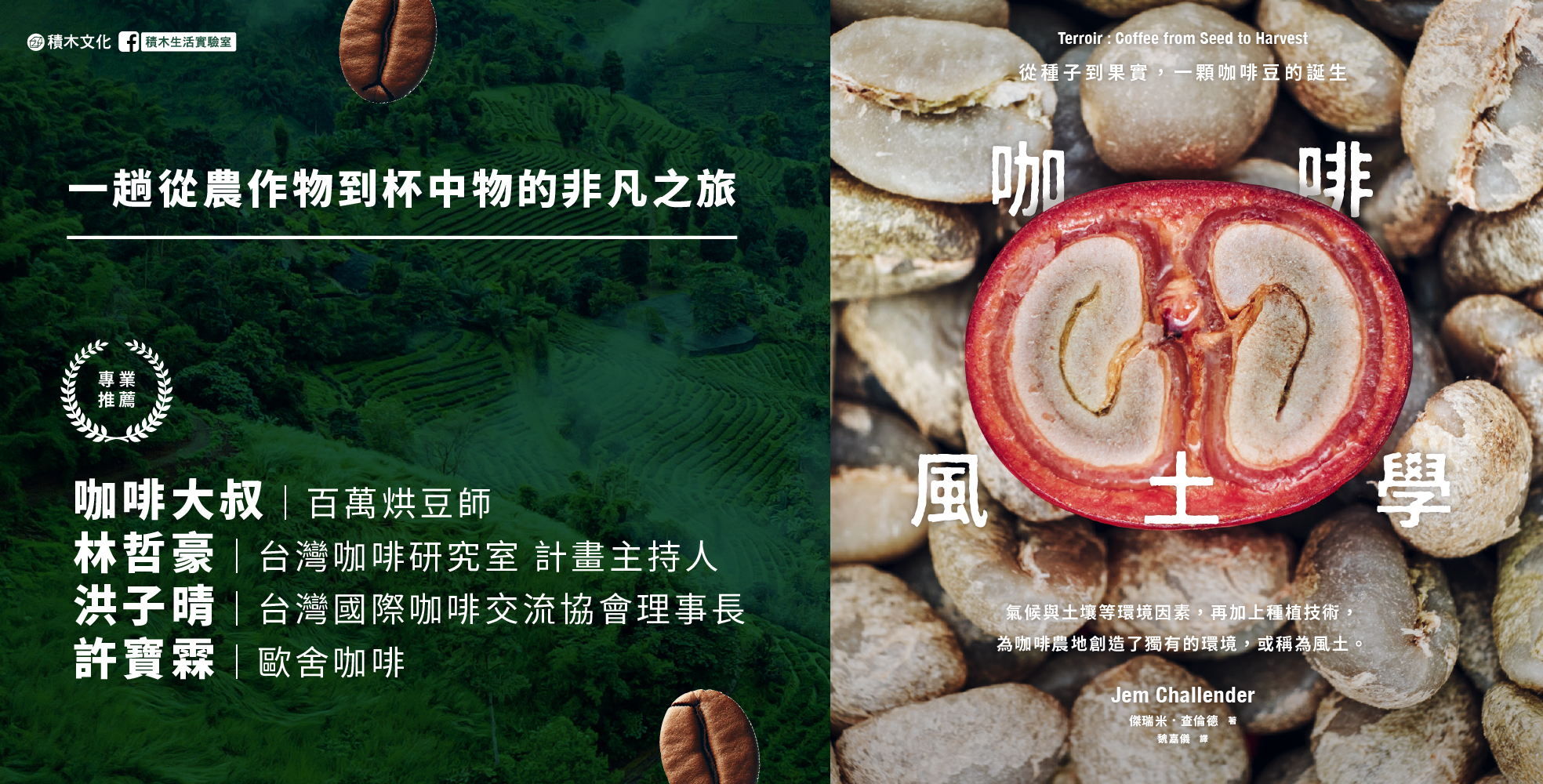
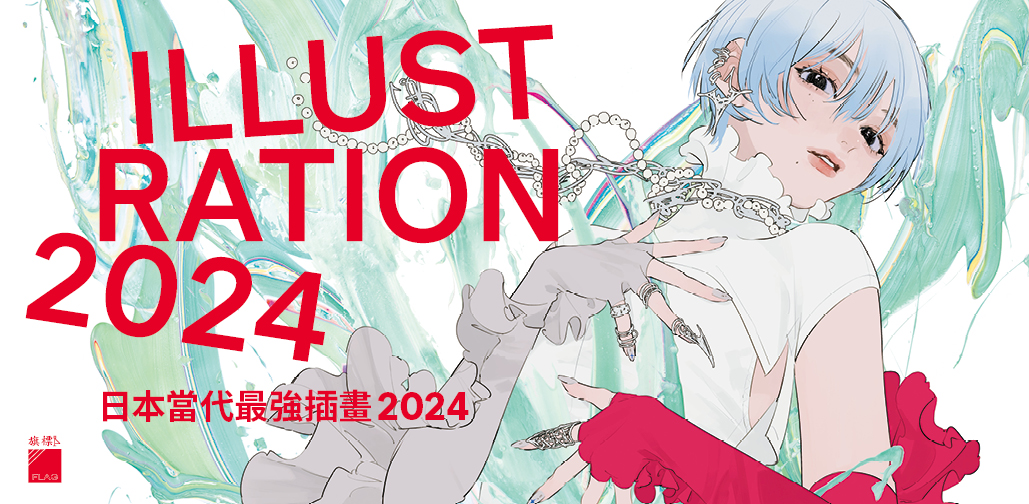
回文章列表